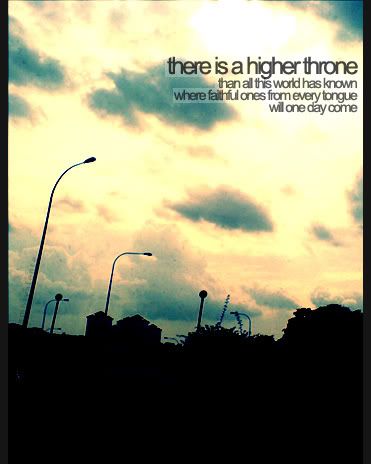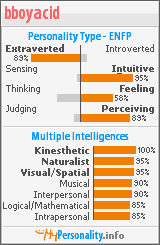Problem with inert knowledge
Recently I've been studying a little about Zhuge Liang on my own. Zhuge Liang is one of the most famous and successful military strategists. A man of great knowledge of "heavens and earth" (but ironically questioning the heavens about his death).
I can't really
tell you how smart he is. He knows so much as if to have obtained psychology, geology honorary degrees, not accounting his great intelligence to use another's strength against himself, to see through others' strategies and use them against themselves. But all his intelligence are not independent of many important factors. He had a great understanding and familiarity with the world.
I'm not sure what we results-chasers will achieve after graduation. Acquirement of knowledge aims to make us better understand the universe. However the rush-hour studying had led us to little, only higher relevance in this achievement-oriented world. This rush had made us understand little, but claim to know much. Inert knowledge accumulates more than what one can think of, or claim to know. Even I, myself had absorbed much inert knowledge. This is knowledge that's unevaluated, unreflected, un-understood even if we could achieve these 3. Knowledge had never been power to me, applied knowledge is power.
If one's knowledge is strictly bound the confines of what he's supposed to know, what he needs to know, without evaluating, without reflecting, without truly applying, what's the use of knowledge? What's the difference between a street-smart and a book-smart person? It's his knowledge of how to work his way around, about and within the society and world at large.
Labels: knowledge



